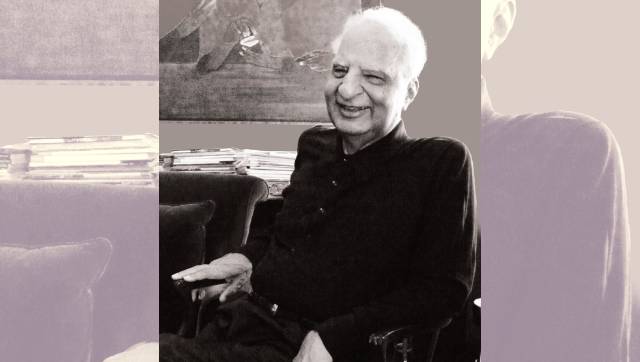


Associated with The New Yorker for more than three decades, Ved Mehta was widely considered the. Indeed, once he jogs our memory, it comes almost as a shock that something as eccentric and rigorously uncommercial as Shawn's New Yorker could have existed so recently, or vanished so completely from the literary scene. Ved Mehta, Celebrated Writer For The New Yorker, Dies At 86. Newhouse asserted his new control of the magazine by firing Shawn and replacing him with Robert Gottlieb, Mehta's nostalgia for the ""old,"" independent New Yorker is still contagious. But, even a decade after publishing tycoon S.I. Like the real Boswell, Mehta (who joined the New Yorker's staff in 1959 and was ""terminated"" by Tina Brown in 1994) tends to get in the way of his more interesting mentor, dropping names, telling tales and settling scores with tiresome self-importance at times his adulation of Shawn seems to call less for a memoir than for a few hours on the analyst's couch.
VED MEHTA CELEBRATED THE NEW YORKER SERIES
As the eighth volume in the memoir series Continents of Exile, Mehta's account suffers from a dual focus. Nearly 50 years in the making, Continents of Exile is one of the great works of twentieth-century autobiography: the epic chronicle of an Indian family in the twentieth century.

Also, I treat The New Yorker as an extension of the Continent of Britain since. Shawns New Yorker, Ved Mehta provides an unparalleled glimpse into the inner workings of the one of worlds most famous magazines. Book 9 in Ved Mehtas Continents of Exile series. During his self-effacing stewardship, Shawn shifted the emphasis of the magazine from the satire and whimsy of his predecessor, Harold Ross, to serious in-depth reportage, all the while maintaining the elegance and integrity for which the magazine was famous-qualities generally thought to have faded from its pages since his departure. As a blind autobiographer and an essayist, Ved Mehta makes use of Lockean. A poignant tribute from a flawed but well-placed Boswell, Mehta's book revisits (through memories, letters and interviews) the career of William Shawn, who edited the New Yorker from 1951 to 1987.


 0 kommentar(er)
0 kommentar(er)
